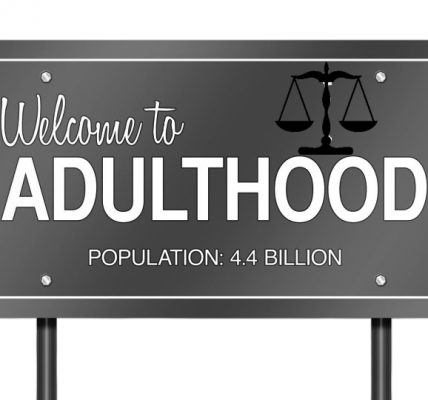By Lucia Gabriel and Kayla Edwards
As students transition from high school seniors to college, they try to figure out how to balance their major, extracurricular activities, and personal lives. Trying to figure out how to balance their major, extracurricular activities, and personal lives can be a struggle at first. It is evident that practical life skills are crucial for students to go through their college experiences. College freshmen Bridget Cozzi, Megan Holian and Samantha Rojas shared their experiences and the knowledge they’ve learned making the leap to college.
Megan Holian, a freshman at University of Florida, shared the significance of building effective study habits. “I think building good study habits was something I didn’t have and definitely struggled with. It’s more than just doing the assigned stuff. It’s taking the time to review the material and do the unassigned practice as well.” Some high school students can go through the school year doing the bare minimum and still meet their goals. However, in college it becomes even more crucial to set aside time for studying and practicing. Bridget Cozzi, a freshman at Baylor College, found that during high school, certain strategies worked best for her when it came to studying. “Practice problems were key, especially in subjects like math and science,” she explained. “For classes like biology and psychology that required memorization of a lot of terms, physical flashcards were the most effective.” When Cozzi arrived at Baylor College, she quickly discovered that these strategies, while helpful, had to be adapted to meet the increased demands of higher education.
“The biggest difference between college and high school is everyone in college chose to be there. When it gets hard, reminding yourself why you chose to be there helps with motivating yourself to do things that seem easy, like going to class, but can become hard when you’re only accountable to yourself.”
megan holian (freshman in college)
As someone who has now experienced both high school and college study habits, Cozzi has valuable advice for students preparing to make the transition. “My best piece of advice is to figure out your studying preferences early,” she said. “For example, I realized I study best at night, so I chose classes with later start times so I could study late and still get enough sleep.”
Cozzi also shared the importance of having a study partner. “Sometimes, studying alone can be discouraging,” she admitted. “I found that studying with my boyfriend increased my confidence. He helped break up the monotony and provided support when I needed it, which made a big difference in how I approached studying for exams.”
One of the most significant changes college freshmen faced in college was the shift in time management. “Time management becomes so much more important in college because the schedule is much looser,” Cozzi said. She explained that she has had more late-night study sessions in college. “In high school, I always felt like I had enough time to study for exams. But in college, there’s always more to study, and the material feels more demanding,” she said.
Samantha Rojas, a freshman at the University of South Florida, shared that she wishes that she learned proper time management to study for tests. She said, “I felt like in high school studying a day or two days before a test was enough, so we didn’t learn to properly manage our time.” High school often allowed Rojas and many others to study at the last minute, but college requires students to manage their time more discerningly. She stated, “Now I have learned that I need to start preparing in advance because studying at the last minute will not get me a good outcome. Holian shared that some of her friends also struggled with time management. “Balancing the time spent in class, the work outside of it, and still having fun can be difficult,” she said. Holian shared her approach on how time management can be taken beyond academics, saying, “It can include figuring out what and how you’re going to eat, when you’re going to do different household responsibilities, and other typical student stuff.” Unlike high school, where students often have a more structured day, college requires students to take initiative and organize their time effectively.
Students have figured out that college can be demanding, even when they’re properly prepared. Holian said, “Even though I felt prepared, the demand in college is more than high school. What makes it harder is in first year classes, there can be up to 800 students in a lecture.” She explained that there is no individualized help, unless students seek it themselves. This may be challenging for students who have underdeveloped time management skills. Rojas also shared that students were taught the proper way to write at a collegiate level. “We have to write very long essays with hard topics, and the citations are taken very seriously,” she said. When doing peer reviews in class, she notices that many students didn’t seem to be prepared for college level writing.
Ultimately, many freshmen emphasize the significance of motivation and self-accountability. Holian said, “The biggest difference between college and high school is everyone in college chose to be there. When it gets hard, reminding yourself why you chose to be there helps with motivating yourself to do things that seem easy, like going to class, but can become hard when you’re only accountable to yourself.” Developing effective skills such as study habits, time management, and self-motivation can help students become more prepared to handle their lives after high school.
Graphic by Ryder Navarra





